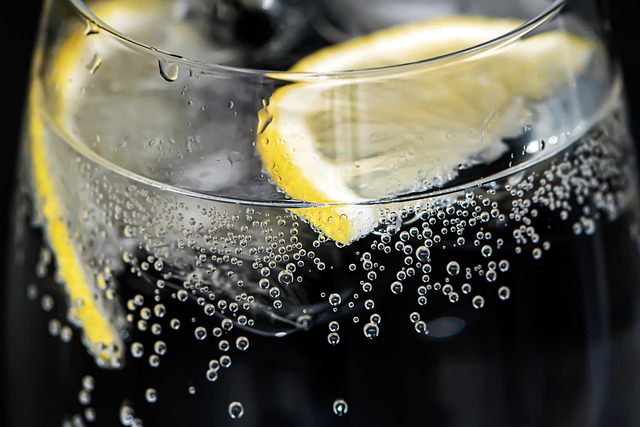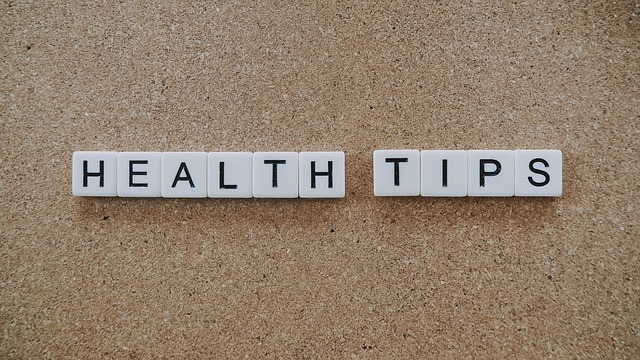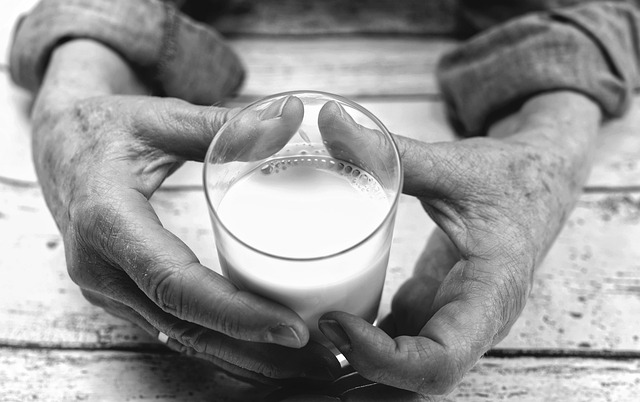Optimizing Muscle Function: The Impact of Hydration
When it comes to enhancing muscle function, the importance of hydration cannot be overstated. As athletes and fitness enthusiasts, we often focus on our training regimens, nutrition, and rest, but one crucial element can sometimes slip under the radar—water. Staying hydrated has a profound impact on our overall performance, energy levels, and muscle efficiency.
The Connection Between Hydration and Muscle Function
Water makes up a significant portion of our muscles—around 75%. It plays a vital role in various bodily functions, including nutrient transport, temperature regulation, and muscle contraction. Inadequate hydration can lead to decreased muscle performance, which is detrimental for anyone looking to achieve their fitness goals.
Imagine pushing through an intense workout, giving it your all, but feeling your muscles cramping or becoming fatigued far too quickly. Often, the culprit is simple: dehydration. When the body is not sufficiently hydrated, it struggles to maintain optimal muscle function, leaving you feeling drained and unable to perform at your best.
How Hydration Influences Muscle Performance
Hydration affects muscle function in several key ways:
- Electrolyte Balance: Proper hydration is essential for maintaining the balance of electrolytes in the body. Electrolytes, such as sodium, potassium, and magnesium, play a critical role in muscle contractions. An imbalance caused by dehydration can result in muscle cramps and spasms, hindering your training efforts.
- Temperature Regulation: When you’re dehydrated, your body is less capable of regulating its temperature during vigorous workouts. This can lead to overheating, faster fatigue, and impaired muscle function, seriously impacting your performance levels.
- Recovery Time: After an intense workout, your muscles need to repair and recover. Adequate hydration facilitates this process, helping to reduce soreness and muscle damage, which in turn, promotes faster recovery and readiness for your next session.
Signs You Might Be Dehydrated
Understanding how hydration affects muscle function also means recognizing the signs of dehydration:
- Thirst: This is the most obvious sign, but don’t wait until you feel thirsty to hydrate.
- Darker Urine: A quick check on the color of your urine can tell you a lot about your hydration levels. Ideally, it should be light yellow.
- Fatigue: Feeling unusually tired during workouts may indicate that your body is lacking the fluids it needs to perform effectively.
Tips to Stay Hydrated
Now that we understand the importance of hydration for optimal muscle function, here are some practical tips to ensure you’re getting enough fluids:
- Carry a water bottle: Keep water accessible at all times to remind yourself to sip throughout the day.
- Set hydration goals: Aim to drink a certain amount of water daily, adjusting based on your activity levels.
- Consume hydrating foods: Foods like watermelon, cucumbers, and oranges have high water content and can help with hydration.
- Drink before, during, and after workouts: Make hydration an integral part of your exercise routine for enhancing performance and recovery.
By prioritizing hydration, you’re not just quenching your thirst; you’re fueling your body for optimal muscle function. So, next time you hit the gym or head out for a run, remember that the key to unlocking your full potential might just be a sip of water away!




